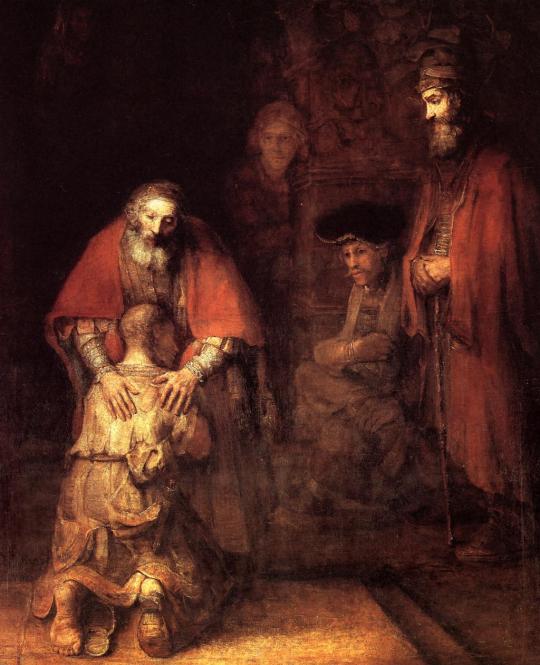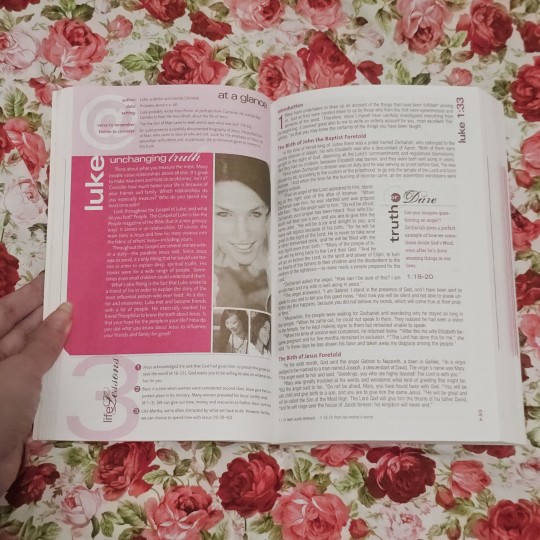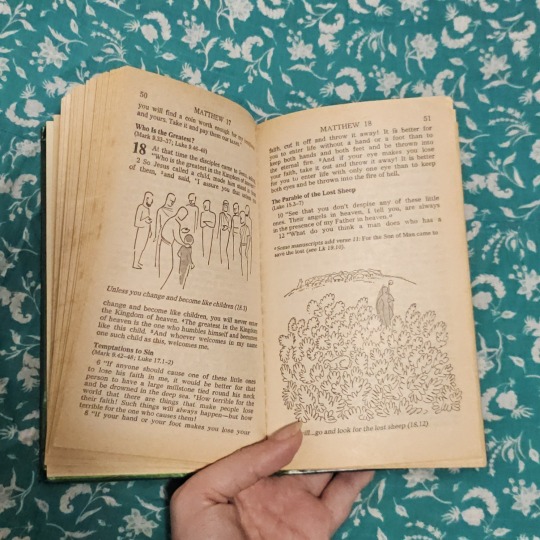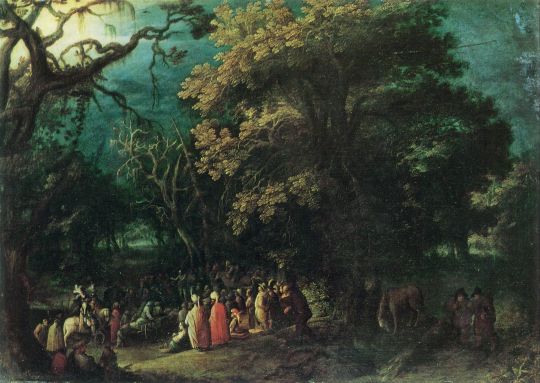Eastern Orthodox Catholic || 28 || Female || Leftist/Liberal || Non-American || Hopeful Universalist || Pro-Choice & Anti-Abortion || GSM Advocate || Prov 31:8-9 & Isa 1:17
Don't wanna be here? Send us removal request.
Text
Imaginary evil is romantic and varied; real evil is gloomy, monotonous, barren, boring. Imaginary good is boring; real good is always new, marvelous, intoxicating.
Simone Weil, Gravity and Grace (1947)
5 notes
·
View notes
Text
It would be a great lie to tell searching souls: 'Go to church, because there you will find peace.' The opposite is true. The Church tells those who are at peace and asleep: 'Go to church, because there you will feel real anguish for your sins, for your perdition, for the world's sins and perdition. There you will feel an unappeasable hunger for Christ's truth. There, instead of becoming lukewarm, you will be set on fire; instead of pacified, you will become alarmed; instead of learning the wisdom of this world you will become fools for Christ.'
Saint Mother Maria of Paris
#quotes#saint maria of paris#saint mother maria of paris#orthodox christianity#catholic orthodox#orthodoxy#orthodox
23 notes
·
View notes
Text

The Return of the Prodigal Son painted by Rembrandt (1606 - 1669)
249 notes
·
View notes
Text


The Bible, but for ✨️girls✨️, this Bible is marketed exclusively for teen girls under the title "True Images"; in translation this Bible is a standard NIV but many things within are printed with pink ink and it spends its time going to great lengths to try and recontextualise the New Testament for teen girls with passages on dating boys and dealing with family or friend drama but what it actually accomplishs isn't much except pander to and reinforce gender stereotypes of modern western, namely North American, culture. It's cute though and to me I like it's aethstetic in a very ironic kind of "girly pop" way.
5 notes
·
View notes
Text
Peace cannot be formed on the bodies of children and slaughtered men, nor is it imported by shedding innocent blood.
Patriarch John X of Antioch and All The East
#patriarch john X of antioch#quotes#patriarch john X of antioch and all the east#gaza#palestine#free gaza#free palastine
7 notes
·
View notes
Text

Holy and Righteous Mother Olga of Kwethluk, Wonderworker, Matushka of All Alaska, pray to God for us!
20 notes
·
View notes
Text
We reject the misuse of the Holy Scriptures to justify wars and the exploitation of sacred texts for purposes that are not sacred.
Archbishop Atallah Hanna, Church of Jerusalem and All Palestine
24 notes
·
View notes
Text






orthodoxy in south korea (source)
31 notes
·
View notes
Text
Palestine is crucified because of the self-interests of nations...Peace cannot be formed on the bodies of children and slaughtered men, nor is it imported by shedding innocent blood...Hence, our call is for the immediate cessation of the war on Gaza...What is happening in Palestine is the result of the violation of human dignity...We ask the Holy Lord to send down His divine justice and mercy, and His peace which surpasses all human peace, a peace that cannot be established by blood and fire.
Patriarch John X of Antioch and All The East; Address in Balamand, Lebanon on October 19th 2023
#patriarch john X of antioch#quotes#patriarch john X of antioch and all the east#free palastine#palestine#gaza#free gaza
8 notes
·
View notes
Text

The Entry of the Lord into Jerusalem. Cave church, Cappadocia. 11th c.
28 notes
·
View notes
Text
As we are taught by the Savior, as long as the prodigal son was in the land of passions, even though he thought and spoke words of repentance, he gained no benefit at all. Only when he left all his sinful deeds and ran to his father did he attain what was beyond hope. From then on he stayed near him in humility, living chastely and honestly and preserving unharmed the grace renewed in him by God.
Saint Gregory Palamas, Homily 3
0 notes
Text
I have four copies of the Good News Bible translation.


One just the New Testament, one is the Revised Edition which includes the full 66 books Bible, another is a mini version that some how is a whole 66 books Bible as well and finally I have the New Testament on cassette tape. All the books have the little drawings by Annie Vallotton inside except the mini Bible.



I don't have a lot to say about this version. It's pretty good, the NT was published in 1966 and the full Bible (including the deuterocanonical books) in 1979 so it's really stood the test of time. There are the typical parts that some may disagree with (translating almāh in Isaiah 7:14 as young woman instead of virgin) but otherwise is an acceptable dynamic equivalence translation.
I have another NT Bible by the same publisher that aims to do the same thing, the Contemporary English Version (CEV). I found all of these in various charity shops and I was particularly happy with the NT on tape. It's an extremely popular translation among many denominations so I find copies everywhere I go! The odds are good you have a copy in your house right now!
2 notes
·
View notes
Text
You have seen the measure of obedience, hear also the measure of love. Would you have your wife obedient unto you, as the Church is to Christ? Take then yourself the same provident care for her, as Christ takes for the Church...For there is nothing more powerful to sway than these bonds, and especially for husband and wife. A servant, indeed, one will be able, perhaps, to bind down by fear; no not even him, for he will soon start away and be gone. But the partner of one's life, the mother of one's children, the foundation of one's every joy, one ought never to chain down by fear and menaces, but with love and good temper. For what sort of union is that, where the wife trembles at her husband? And what sort of pleasure will the husband himself enjoy, if he dwells with his wife as with a slave, and not as with a free-woman? Yes, though you should suffer anything on her account, do not her; for neither did Christ do this.
Saint John Chrysostom of Constantinople, Homily 20 on Ephesians
3 notes
·
View notes
Text

The Entry of the Lord into Jerusalem. Mid 7th c. mosaic, Capella Palatina, Palermo.
29 notes
·
View notes
Text
You ask, will the heterodox be saved...Why do you worry about them? They have a Savior Who desires the salvation of every human being. He will take care of them. You and I should not be burdened with such a concern. Study yourself and your own sins...
Saint Theophan of Vysha
11 notes
·
View notes
Text

The Sermon of John the Baptist by Adam Elsheimer, 1598.
31 notes
·
View notes
